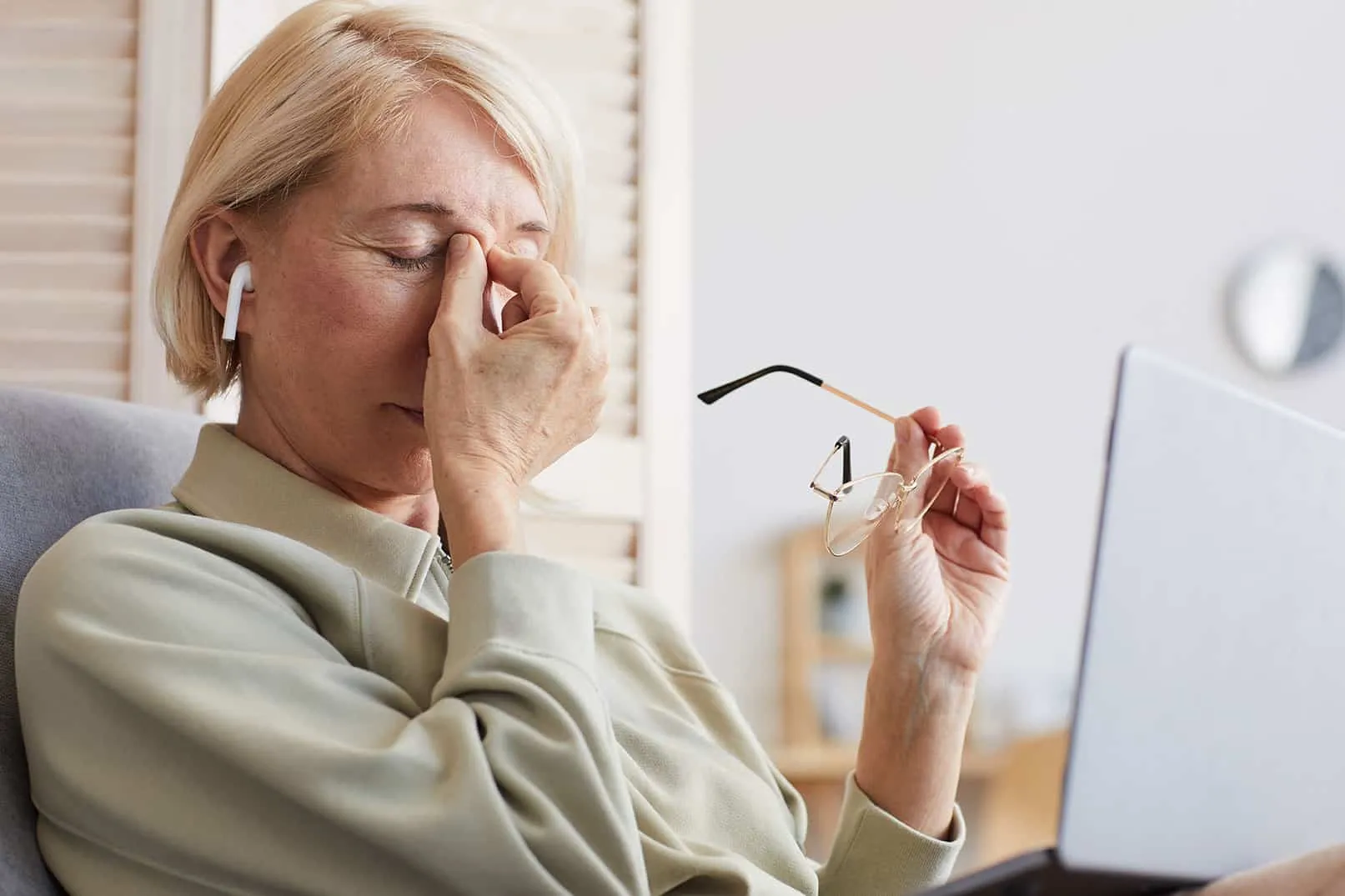The eyes are one of the most important organs in our body, as they allow us to perceive the world around us. However, on occasions, certain conditions can affect their correct functioning. One of these is macular hole, a condition that can have significant consequences on vision.
What is a macular hole and its possible causes
The macula is a small area in the centre of the retina. It contains the highest percentage of photoreceptors, which are the cells responsible for vision. The macula is responsible for central vision, which is the vision we use to read, watch television or recognise faces.
A macular hole is characterised by the presence of a defect or tear in the tissue located in the central area of the macula, known as the fovea. As a result, there is a defect in central vision (scotoma) or an area of blurred vision in the centre of the visual field.
Types of macular hole in the retina
Macular holes can be classified according to two factors:
Depending on the cause
Idiopathic or senile: associated with ageing.
Myopicoccur in patients with high myopia or severe myopia, who have more than 9 dioptres.
Traumatic: as a result of trauma.
Depending on the thickness of the damaged retina
Complete: when the macular hole affects the entire thickness of the retina.
Lamellar or partial: when the hole only partially affects the thickness of the retina. In these cases, the patient may also have a macular epiretinal membrane.
What causes a macular hole?
The exact causes of macular holes are not fully understood, although it is believed that factors such as age, vitreomacular traction (when the vitreous humour degenerates with age, retracts and separates from the retina) and age-related macular degeneration may play a major role in their occurrence.
Some of the factors that increase the risk of developing a macular hole are:
- Advanced age. Macular hole is most often associated with people over 60 years of age.
- Sex. It occurs more frequently in women.
- Short-sightedness. People with high myopia have a higher risk of developing macular holes.
- Eye injury. This type of injury also increases the likelihood of suffering from this eye condition.
- Macular hole in one eye. Increases the risk of developing it in both eyes.
- Chronic inflammation. Oedema in the macula or inflammation sustained over time can lead to a macular hole.
Identify these symptoms
The symptoms of a macular hole are highly variable and can change from person to person. Some of the most common signs to look out for are:
- Blurred or distorted vision in the centre of the image.
- Dark spots or gaps in the central vision.
- Difficulty in reading or recognising faces.
- Progressive loss of central vision.
- Metamorphopsia, with distorted perception of images and appearance of undulations in straight lines.
- Macropsy or micropsy, where objects may appear larger or smaller than they really are.
Risks of macular hole
Once a macular hole has developed, the chances of it closing spontaneously are slim, so if the macular hole is left untreated, complications can occur:
Loss of central vision, which makes reading impossible and makes everyday tasks difficult.
In some cases, the macular hole can lead to secondary complications such as retinal detachment.
Therefore, if you experience any of the above symptoms, do not hesitate to contact us for an accurate diagnosis and to find out how to cure macular hole.
How a macular hole heals
The tratamiento del agujero macular can vary depending on the severity and size of the hole. It is therefore important to have regular eye examinations to detect this problem in time, as the surgical results will be better the lesser the evolution and size of the hole. The The treatment of macular holes is primarily surgical. The operation is called vitrectomy and involves the removal of the vitreous that is causing the macular traction and the placement of a gas bubble that will help to close the hole.
If you have or think you may have a macular hole, it is advisable to seek specialist medical attention. In our Dr. Nebro Ophthalmological Centre In Fuengirola, we offer you our extensive experience in the diagnosis and treatment of this condition. Book an appointment!
Dr. Salvador Nebro



